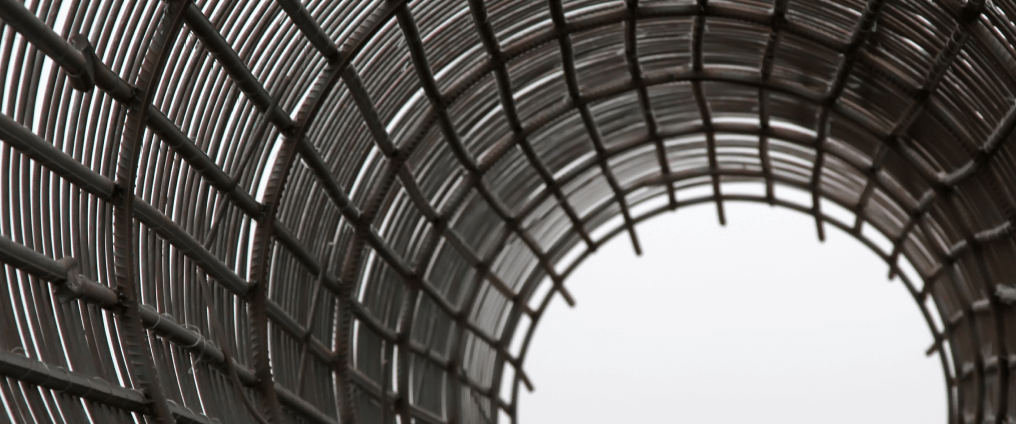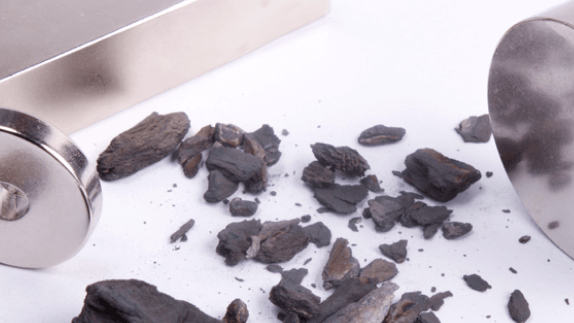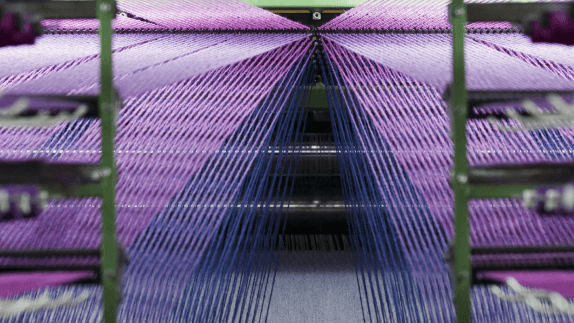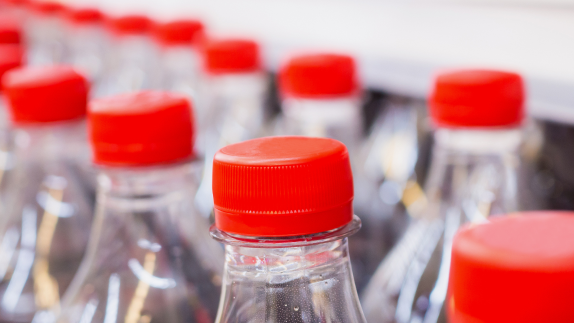name:
Flanders Public Waste, Materials & Soil Agency
The Flanders Materials Programme (FMP) combines an ambitious long-term vision, a 45-item plan of concrete actions and the development of policy-relevant research. It aims to streamline the many public and private initiatives in the field of sustainable materials management into a coherent whole.
A new approach
Depletion of natural resources gets more and more attention all over the world. For Europe it is a particular issue since its own natural resource base is limited, leading the continent to rely largely on imports. A different approach to resources is one of the most important responses to such constraints. This shift requires new technologies, but also changes in mindsets and behaviour. In 2010, when Belgium held the EU presidency, the European Council conclusions on ‘sustainable materials management and sustainable production and consumption’ put the circular economycircular economyA systems solution framework that tackles global challenges like climate change, biodiversity loss, waste, and pollution. It is based on three principles, driven by design: eliminate waste and pollution, circulate products and materials (at their highest value), and regenerate nature. on EU member states’ agendas. The Flanders Public Waste, Materials & Soil Agency (OVAM) played an instrumental role in developing these conclusions, using its vision of sustainable materials cycles and 30 years of experience in waste management.
OVAM brought its expertise to bear in 2011 when it founded the Flanders’ Materials Programme with the purpose of providing Flanders with a future-proof economy where material cycles are closed. The programme is an example of successful co-creation and co-ownership between business sectors, research institutions, government and environmental organisations. It is built on three pillars:
A long term vision: Plan C is the circular economy hub in Flanders, created by OVAM to encourage a change in mind-set from waste to resources and to accelerate the move towards a circular economy
Policy-relevant scientific research: SuMMa (Policy Research Centre for Sustainable Materials Management) brings together a broad spectrum of researchers and investigates which economic, policy and social conditions need to be fulfilled in order to realise the transition towards a circular economy.
Actions and projects in the field: Agenda 2020 is a list of 45 concrete projects with active partners and a clear time schedule.
Economic clusters paired with enabling functions
In order to develop the foundations for a circular economy by 2020, the FMP focuses on closing materials cycles among economic clusters and in providing enabling functions. Economic clusters are chosen for their potential for improvement from a primary resources and materials perspective and for the expertise in these domains present in Flanders. They include:
Sustainable materials management in construction
The bio-economy
Sustainable chemistry and plastics
Critical metals in a continuous cycle.
Enablers were chosen to break down obstacles encountered by every project, business case and innovation. They include:
Sustainable design
Smart collaboration
Smart investments
New materials and new material technologies
Better regulation.
Five priority actions have been identified for each cluster and each enabler. Agenda 2020 indicates what concrete steps need to be taken today to realise the ambition for 2020.
Focus on leverage projects
The main focus of the programme is on six strategic leverage projects.
One of these is the promotion of Flanders as a recycling hub for Europe through its seaports, providing opportunities to import waste materials and complex end-of-life products for re-using, remanufacturing and recycling, as well as reinforcing the value chain for valuable metals and hard plastics.
Another leverage project is developing the job potential of the circular economy by attuning education to provide the required knowledge and skills for new and different jobs related to circular economy opportunities.
Pursuing catalytic impact
Central to the whole agenda is reaching out to a small number of pioneering SMEs to encourage innovation in product design, business models and collaborative approaches across and between value chains.
Restricting intervention to a small number of companies was initially dictated by budget limitations. However, Plan C has now embraced its role as an ‘activating’ body that catalyses change by connecting and challenging the most innovative companies and enabling them to lead others, rather than trying to directly influence the large number of SMEs in Flanders. Its three core activities are: shaping a vision; activating a self-learning network around sustainable materials management within a circular economy; and supporting transition experiments.
While the FMP has now been recognised by the government in Flanders as a strategic programme, which might attract more funding, the focus is still on harnessing currently available subsidy programmes rather than on generating new ones.
Facing obstacles
The FMP is working to break down other barriers to its implementation beyond funding restrictions. An important enabling aspect of a circular system is public procurement, but procuring institutions often focus more on finding the lowest cost options rather than looking at total lifetime cost, which opens up opportunities to incorporate circular economy thinking. Low global resource prices, along with high labour costs, curb the profitability of remanufacturing. Another obstacle is a lack of knowledge and skills: a furniture remanufacturing plant was planned in Flanders, but it proved difficult to find workers sufficiently skilled to operate it.
Enhanced cooperation
Successful cooperation between stakeholders, based on sharingsharingThe use of a product by multiple users. It is a practice that retains the highest value of a product by extending its use period. responsibility for projects, is the keystone of the programme’s approach to implementing its vision and overcoming barriers.
Of the 45 actions in the Agenda 2020 plan, 10 are run by OVAM, which focusses on encouraging action in larger organisations, 20 by industry associations such as FEBEM (Federation of Environmental Companies), Vlaamse Confederatie Bouw, (Flemish Construction Federation), essenscia Flanders (Federation for Chemistry and Life Sciences industries) and Agoria (Federation for the Technology Industry) and 15 by other organisations, including the Department of Economy, Science and Innovation, the Flemish Institute for Technological Research (VITO) and the Bond Beter Leefmilieu (Federation for a Better Environment).
Taken together, these actions are designed to create the supporting environment that encourages companies to take action. Looking to the future, the programme as a whole begins to link circular economy ideas to wider societal challenges like moving towards renewable energyrenewable energyEnergy derived from resources that are not depleted on timescales relevant to the economy, i.e. not geological timescales., developing new industrial policy and planning cities of the future.
This case study was originally published in May 2016. In January 2017, Plan C, SuMMa, and Agenda 2020 have merged into Vlaanderen Circulair, which was built upon the work of the Flanders Materials Programme.





